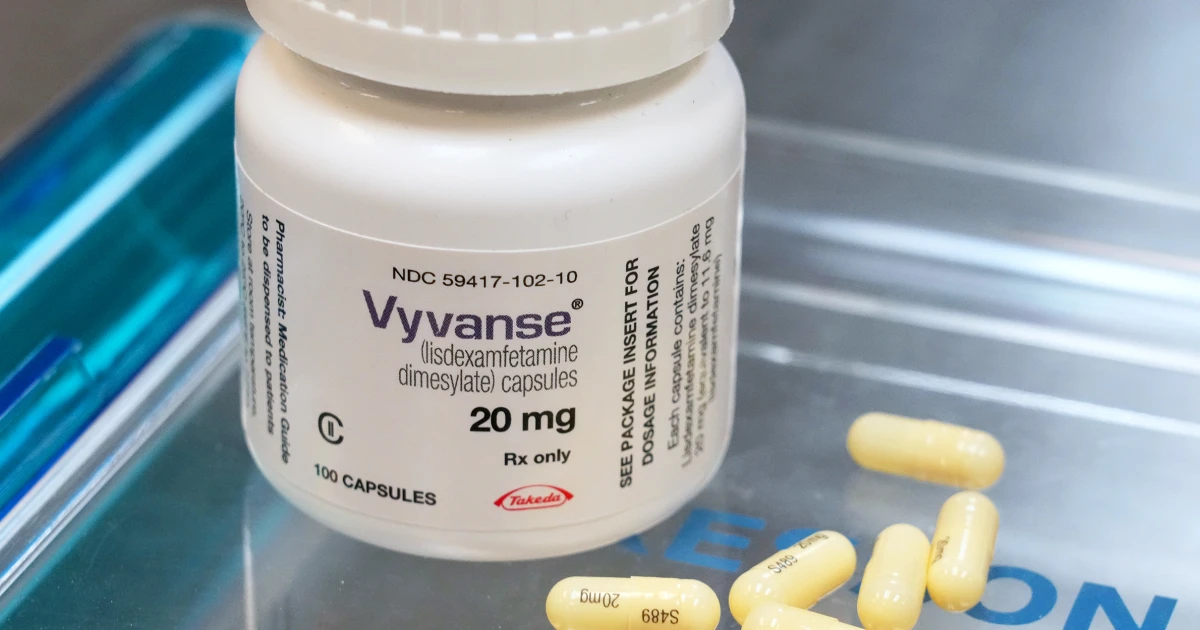Vyvanse VS Adderall, When it comes to treating Attention Deficit Hyperactivity Disorder (ADHD), Vyvanse vs Adderall is a common comparison among patients, caregivers, and healthcare providers. Both medications are widely prescribed stimulants that can improve focus, attention, and impulse control, but they have some key differences that can influence which one is the better fit for an individual.
What Are Vyvanse and Adderall?
Vyvanse (lisdexamfetamine) and Adderall (a combination of amphetamine salts) are central nervous system stimulants. They work by increasing the levels of dopamine and norepinephrine in the brain, which helps improve attention and reduce hyperactivity and impulsivity in individuals with ADHD.
Key Differences: Vyvanse vs Adderall
1. Chemical Composition
- Adderall contains a mix of four different amphetamine salts. It’s available in both immediate-release (IR) and extended-release (XR) forms.
- Vyvanse is a prodrug, meaning it is inactive until the body metabolizes it. Once ingested, it is converted into the active drug dextroamphetamine.
2. Onset and Duration
- Adderall IR typically starts working within 30 minutes and lasts about 4 to 6 hours, while Adderall XR can last up to 12 hours.
- Vyvanse takes about 1 to 2 hours to become active but provides a smoother and longer effect, lasting up to 14 hours.
3. Abuse Potential
Because Vyvanse is a prodrug, it has a lower potential for abuse when compared to Adderall. It cannot be snorted or injected to achieve a high, making it a safer option for some individuals, especially those with a history of substance abuse.
4. Side Effects
Both medications share common side effects such as:
- Insomnia
- Loss of appetite
- Increased heart rate
- Anxiety
However, some patients report that Vyvanse causes fewer mood swings and crashes compared to Adderall, likely due to its gradual onset and extended duration.
5. Dosing Flexibility
- Adderall offers more flexibility with multiple dosage forms and strengths.
- Vyvanse comes in fewer dosage options and only as a once-daily capsule or chewable tablet.
Which One Is Right for You?
When considering Vyvanse vs Adderall, the choice often comes down to how your body responds to each medication. Some people may find Adderall more effective, especially if they need flexibility with dosing throughout the day. Others might prefer Vyvanse for its smoother effect and reduced potential for abuse.
A healthcare provider can help determine which medication is most appropriate based on your medical history, symptoms, lifestyle, and any potential side effects.
Final Thoughts
Both Vyvanse and Adderall are effective treatments for ADHD, but they differ in how they work, how long they last, and how they’re metabolized. If you’re exploring treatment options, discussing Vyvanse vs Adderall with your doctor can help you make an informed decision that best supports your mental health and daily functioning.
Let me know if you want this optimized for SEO, turned into a blog post format, or translated into another language!




